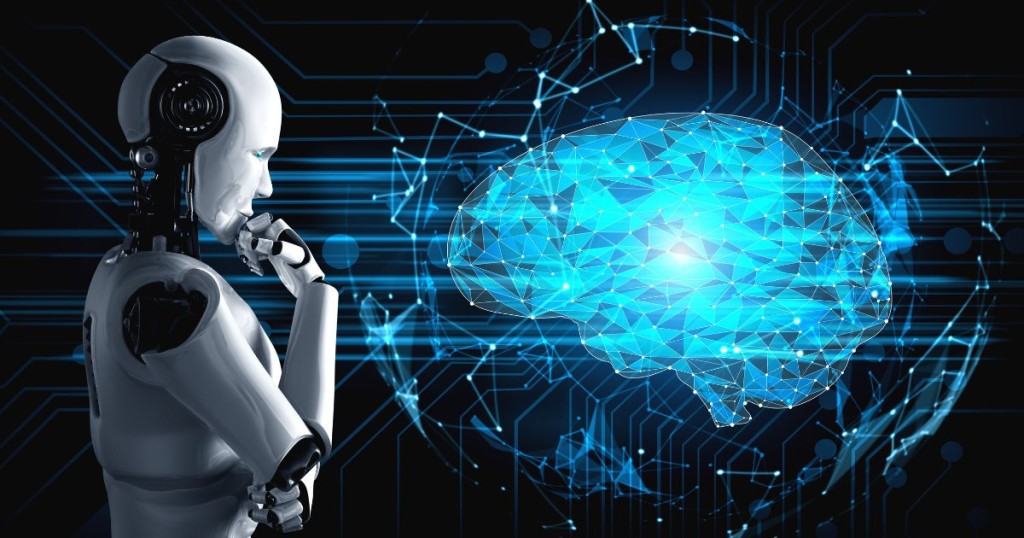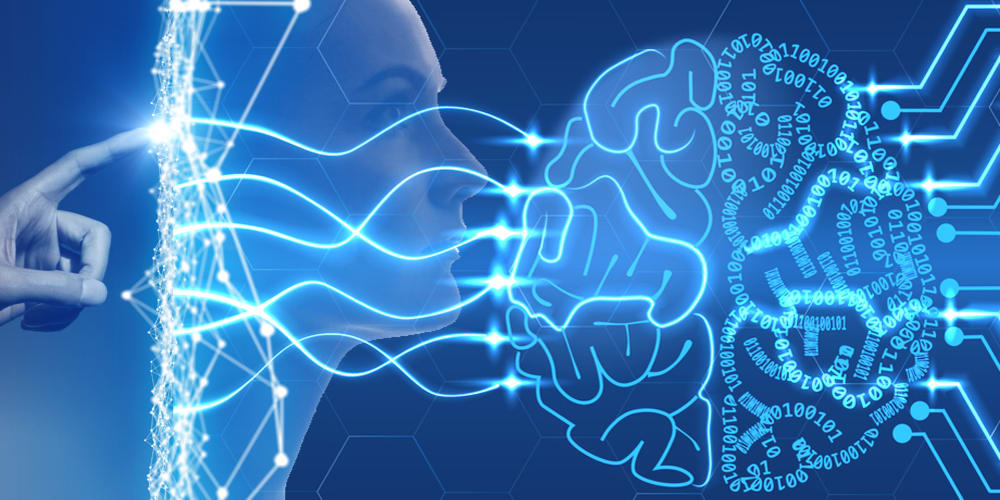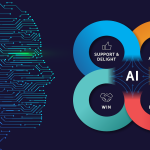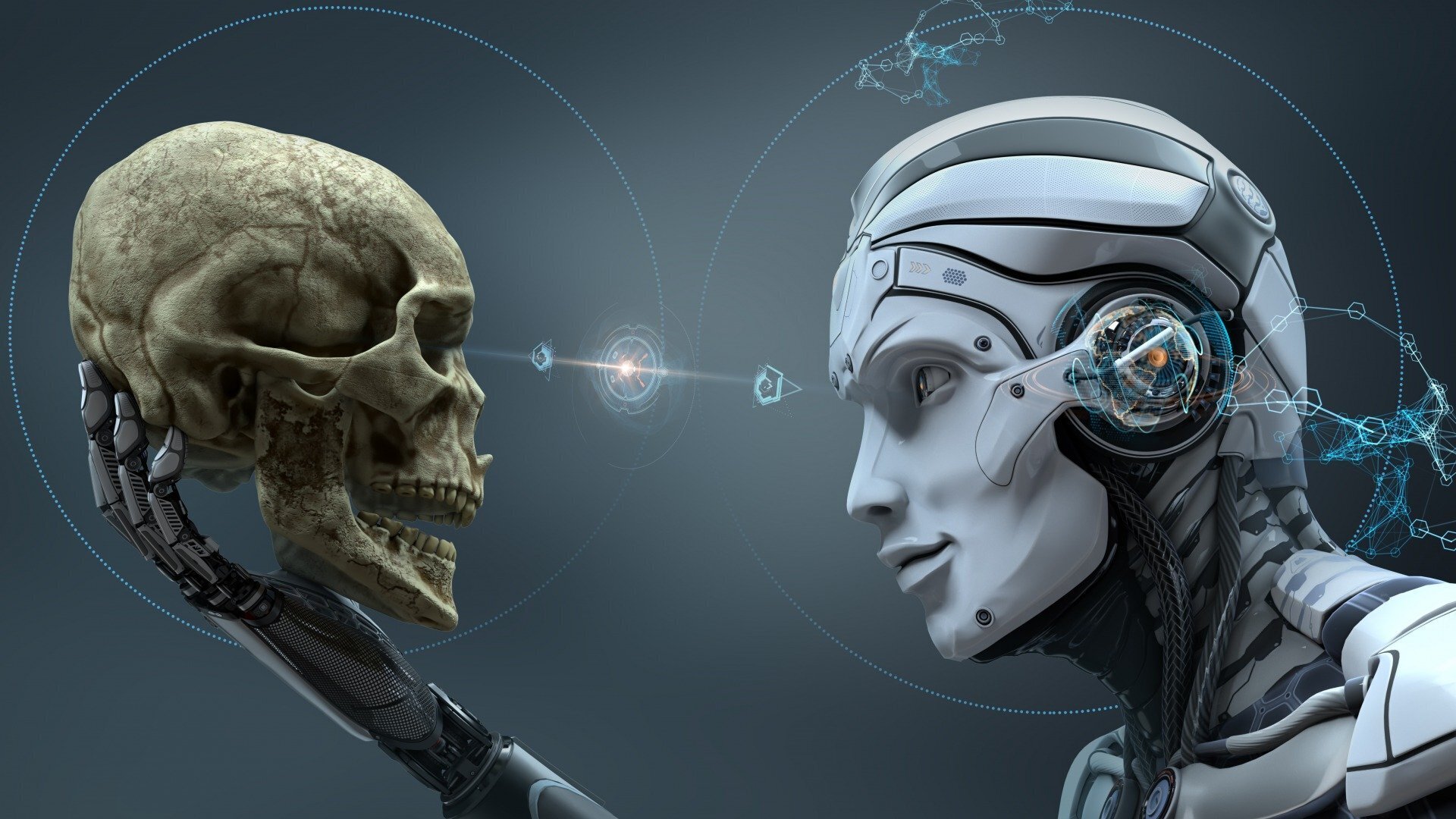In our rapidly evolving technological landscape, advanced automation is becoming increasingly integrated into our daily lives. From self-driving cars to automated customer service chatbots, automation promises convenience, efficiency, and improved productivity. However, as automation technologies continue to advance, they also bring with them a host of ethical dilemmas that society must grapple with. In this blog post, we will explore some of the key ethical concerns surrounding advanced automation.
Job Displacement and Economic Inequality

One of the most pressing ethical dilemmas of advanced automation is the potential for widespread job displacement. As machines and algorithms become more capable of performing tasks previously done by humans, there is a growing fear that many jobs will become obsolete. This raises questions about the economic implications of automation. Will automation lead to greater economic inequality, with a small elite benefiting while many others lose their livelihoods? How can society ensure that the benefits of automation are distributed equitably?
Algorithmic Bias and Discrimination
Another significant ethical concern is the issue of algorithmic bias and discrimination. Many automated systems rely on algorithms to make decisions, such as determining who gets a loan, who gets hired, or even who gets parole. These algorithms are often trained on historical data, which may contain biases. As a result, automated systems can inadvertently perpetuate and even exacerbate existing inequalities and biases. It is crucial to address this ethical dilemma by developing algorithms that are fair, transparent, and accountable.
Privacy and Surveillance
Advanced automation technologies often involve the collection and analysis of vast amounts of personal data. While this data can be used to improve services and make our lives more convenient, it also raises significant privacy concerns. How can we ensure that our personal information is protected from misuse? How do we strike a balance between the benefits of automation and the need to safeguard our privacy? These questions underscore the ethical challenges of automation in the context of personal data.
Accountability and Liability

As automation takes on more critical tasks, such as autonomous driving, questions of accountability and liability become increasingly complex. Who is responsible when an automated system makes a mistake or causes harm? Is it the manufacturer, the programmer, the user, or a combination of all three? Establishing clear lines of accountability and liability is a crucial ethical consideration to ensure that those affected by automation’s failures can seek recourse and justice.
Ethical Decision-Making by Machines
As automation technologies become more sophisticated, they may need to make ethical decisions in real-time. For example, self-driving cars may need to make split-second decisions that involve weighing the safety of passengers against the safety of pedestrians. How should these ethical dilemmas be programmed into machines, and who should be responsible for making these decisions? Ensuring that machines make ethically sound choices is a complex and ongoing ethical challenge. In conclusion, the rise of advanced automation presents society with a host of ethical dilemmas that we must navigate carefully. From concerns about job displacement and economic inequality to issues of algorithmic bias, privacy, accountability, and ethical decision-making by machines, the ethical considerations surrounding automation are both diverse and complex. As automation continues to advance, it is essential for policymakers, technologists, and society as a whole to engage in thoughtful discussions and debates to ensure that automation benefits humanity while minimizing its negative ethical implications.






